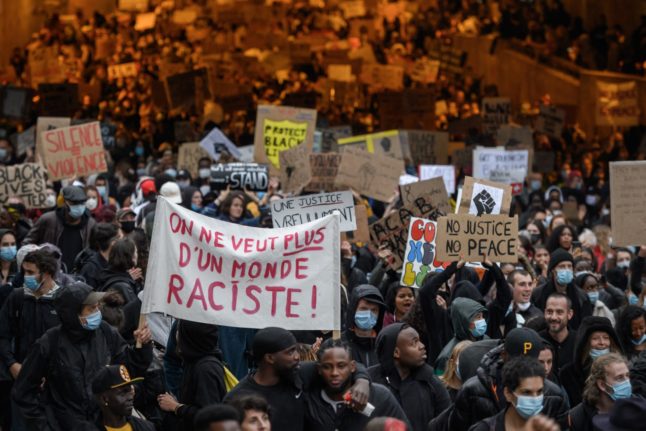"We move forward in our own way," Didier Burkhalter told the council, following criticism by some member states that Bern was not moving fast enough to address issues like racial and gender discrimination and to strengthen gender equality in the workplace.
The council members "must understand the institutional workings" of Switzerland, he said, insisting that the country's slowness allowed it to avoid "conflicts and the risk of stalemate," and that it was in fact evidence that it "acts with wisdom."
"Switzerland is used to taking its time. You need time to integrate new directives, and it is very dangerous to go too fast, because you risk antagonizing the Swiss people and making them even more suspicious of international institutions. So don't panic," Burkhalter said in response to the criticism during a periodic review of Switzerland's human rights record.
"We hear the criticism of us, but in fact, it is a problem of partial understanding" of the Swiss political system, the minister said, insisting that Switzerland's direct democracy was built on a long-term relationship of confidence between the authorities and the people.
On Monday, a number of countries, mainly African nations, asked Switzerland to take further measures to fight xenophobia and racial discrimination.
Disproportionate use of force by police against asylum seekers was also criticized, as was the detention of minors who were seeking asylum and who were unaccompanied by adults, and discrimination against women migrants.
Turkey meanwhile called on Bern to lift a ban on minarets, which was introduced after a 2009 referendum and which was also criticized by the United States and Norway.
Several countries, including the Netherlands and Spain, also decried persistent gender gaps on the Swiss labour market.



 Please whitelist us to continue reading.
Please whitelist us to continue reading.
Member comments